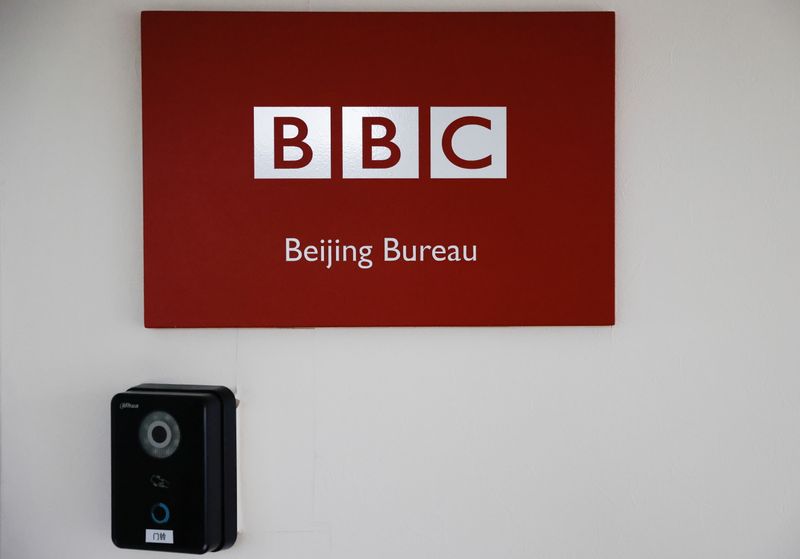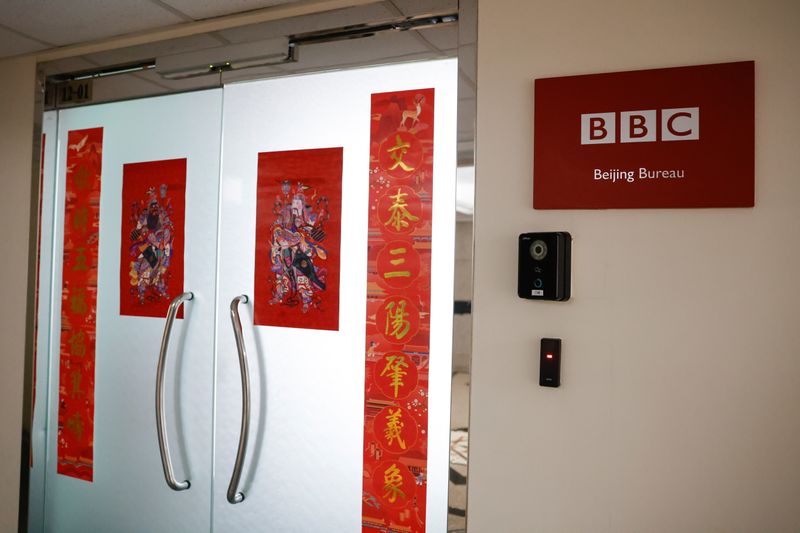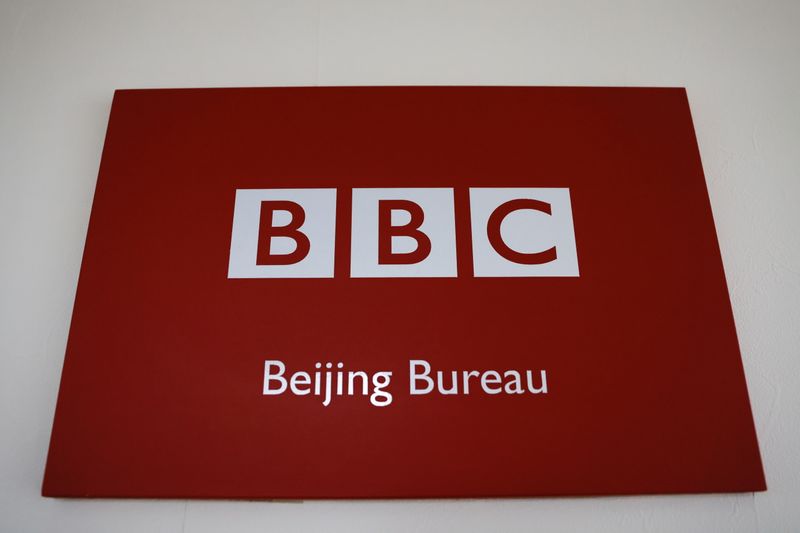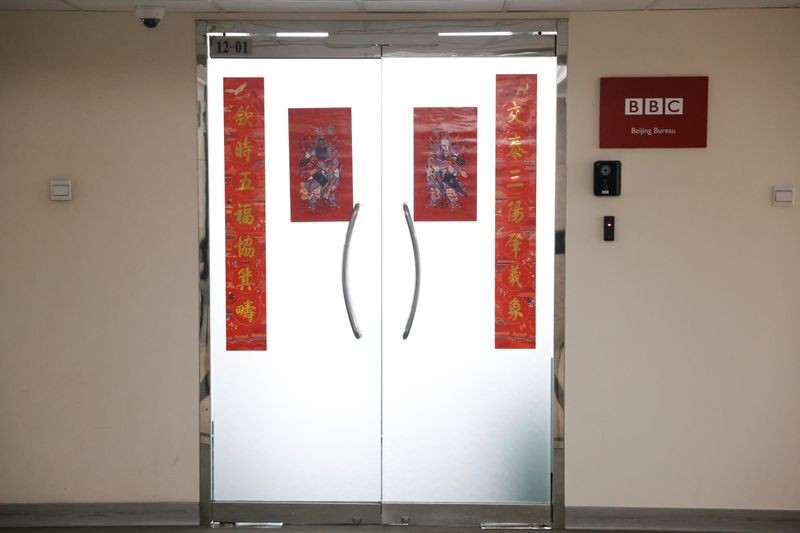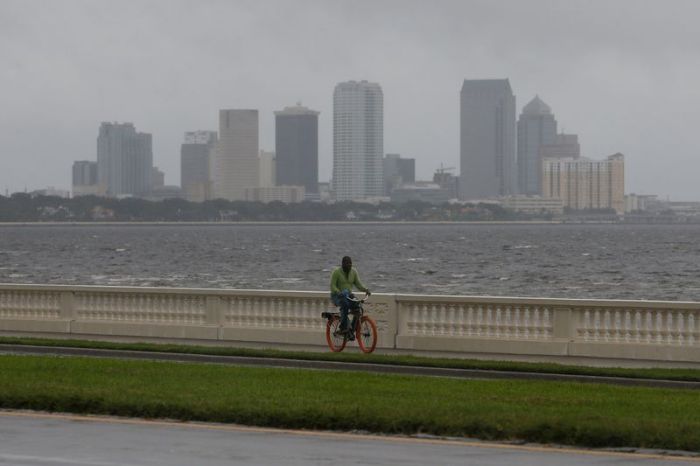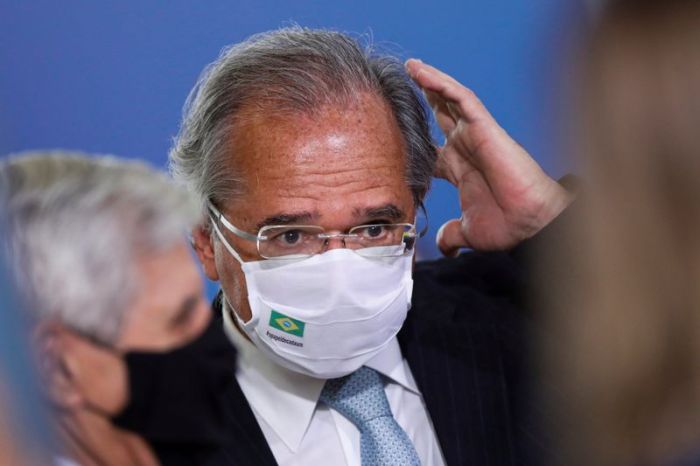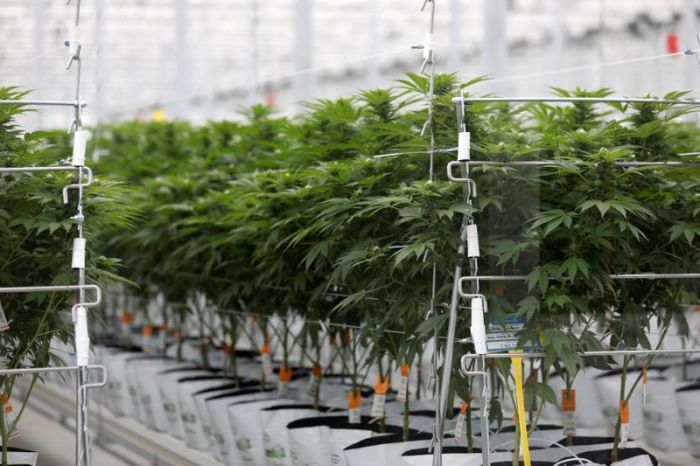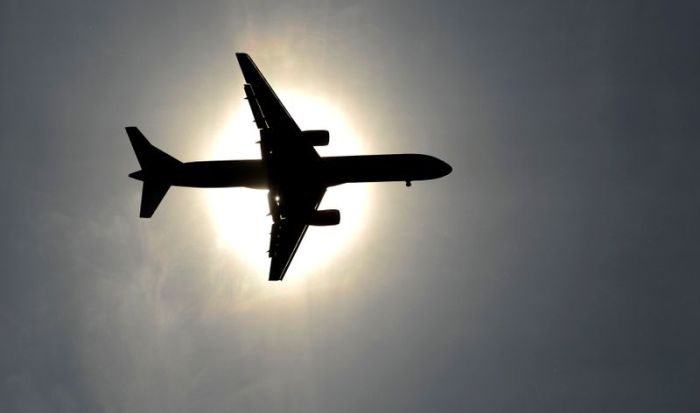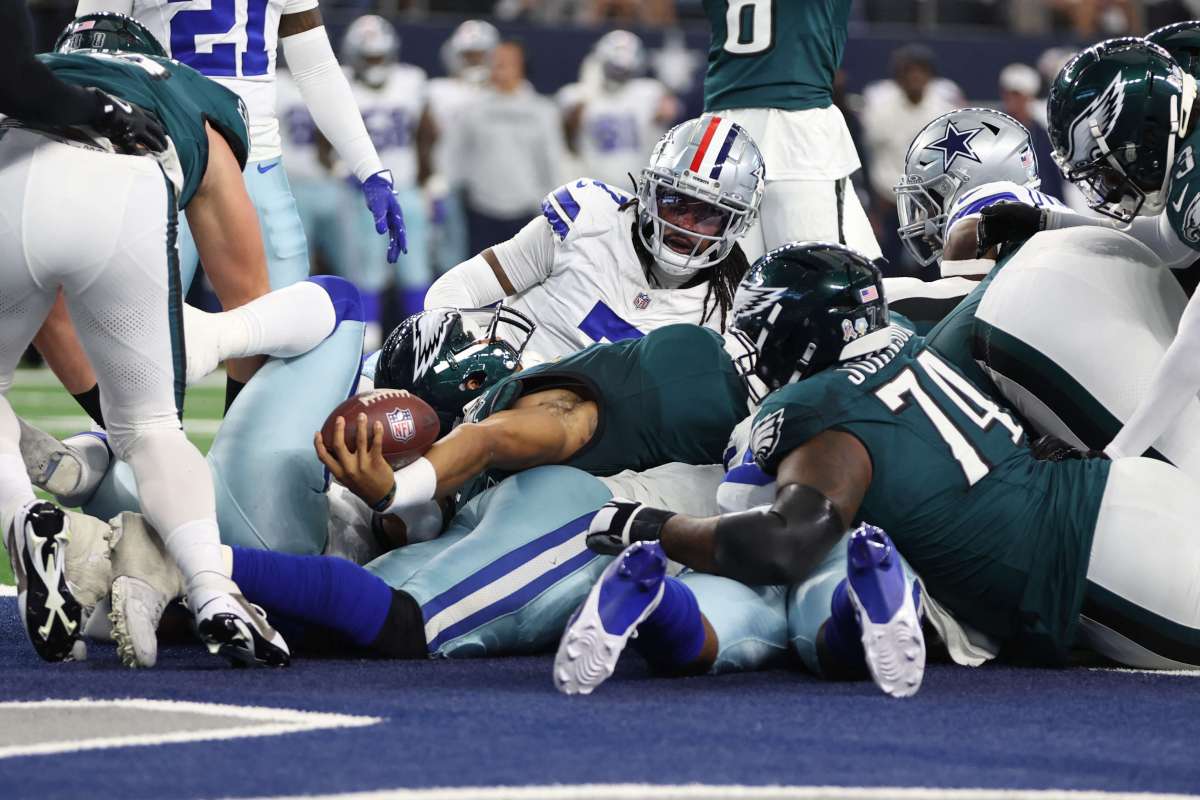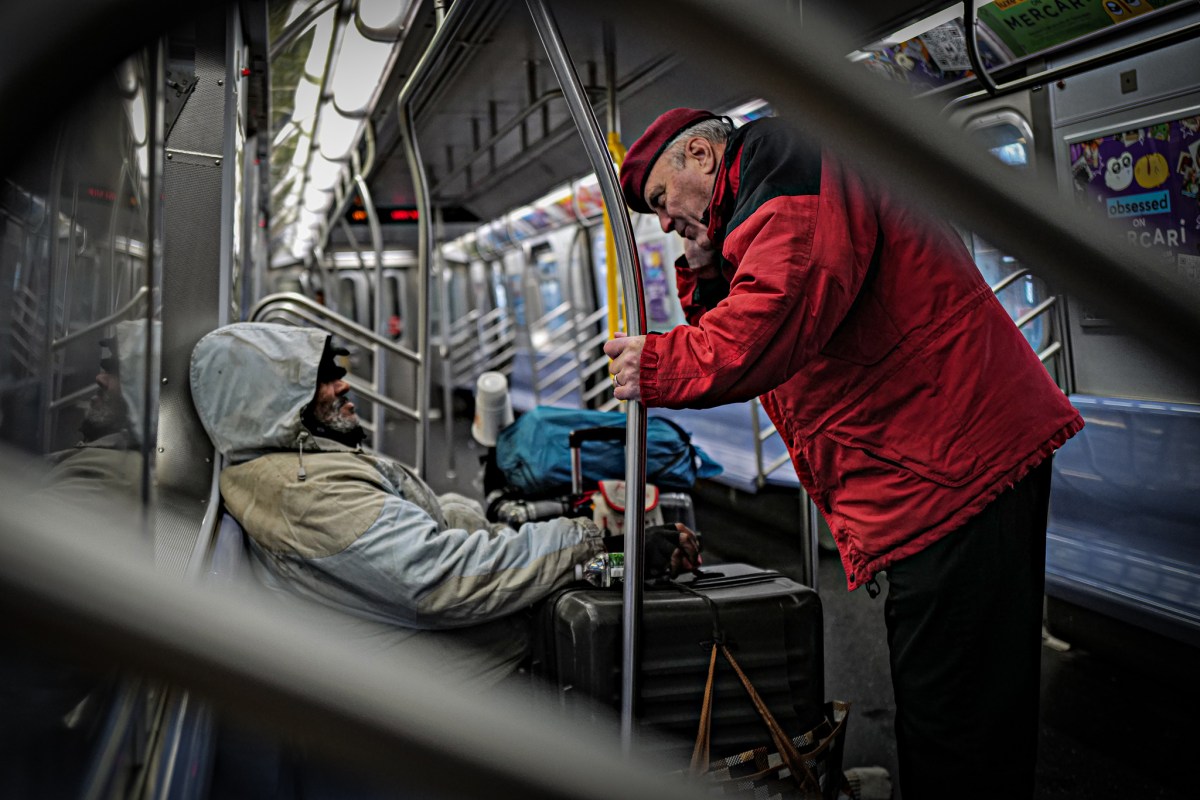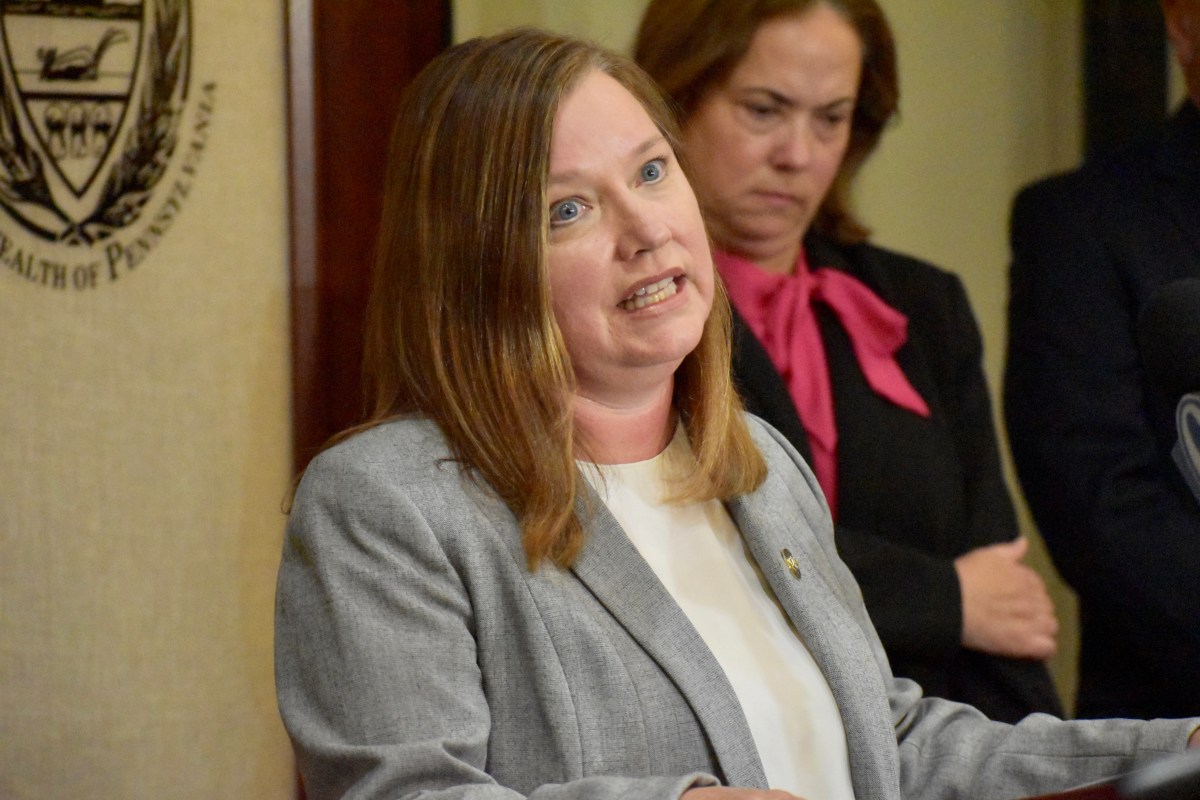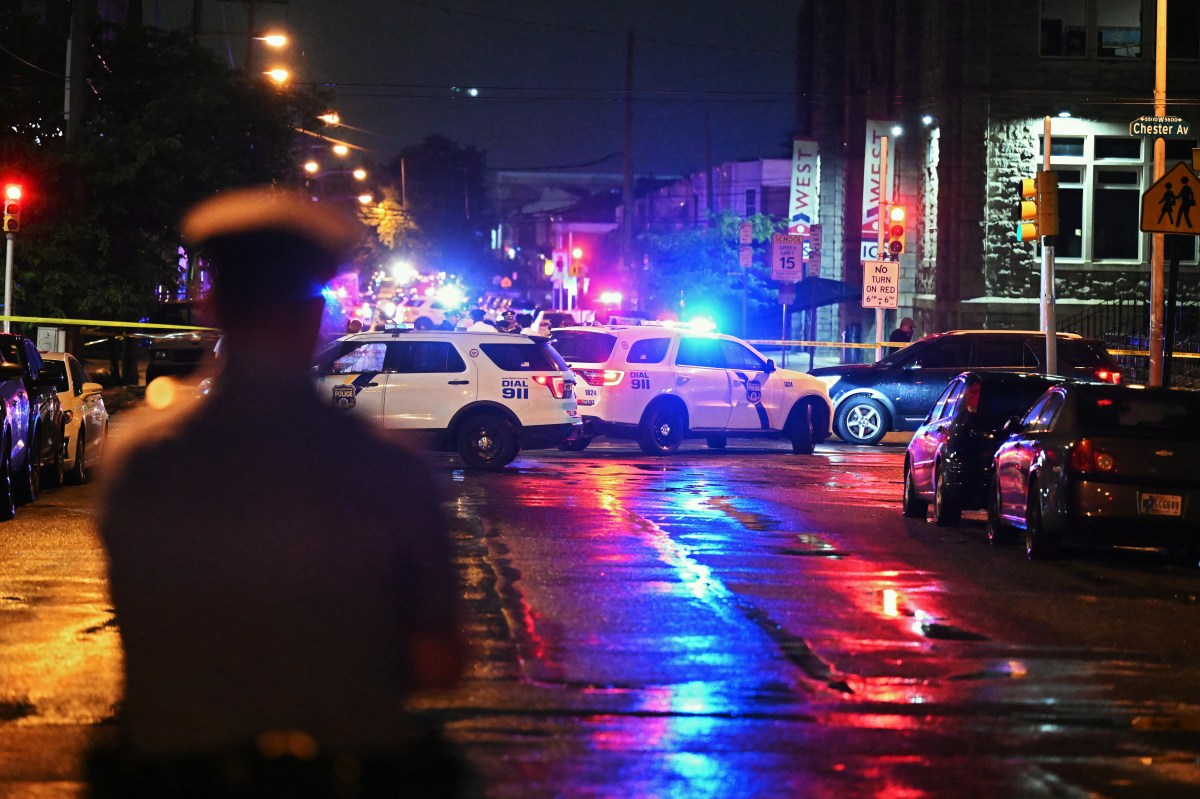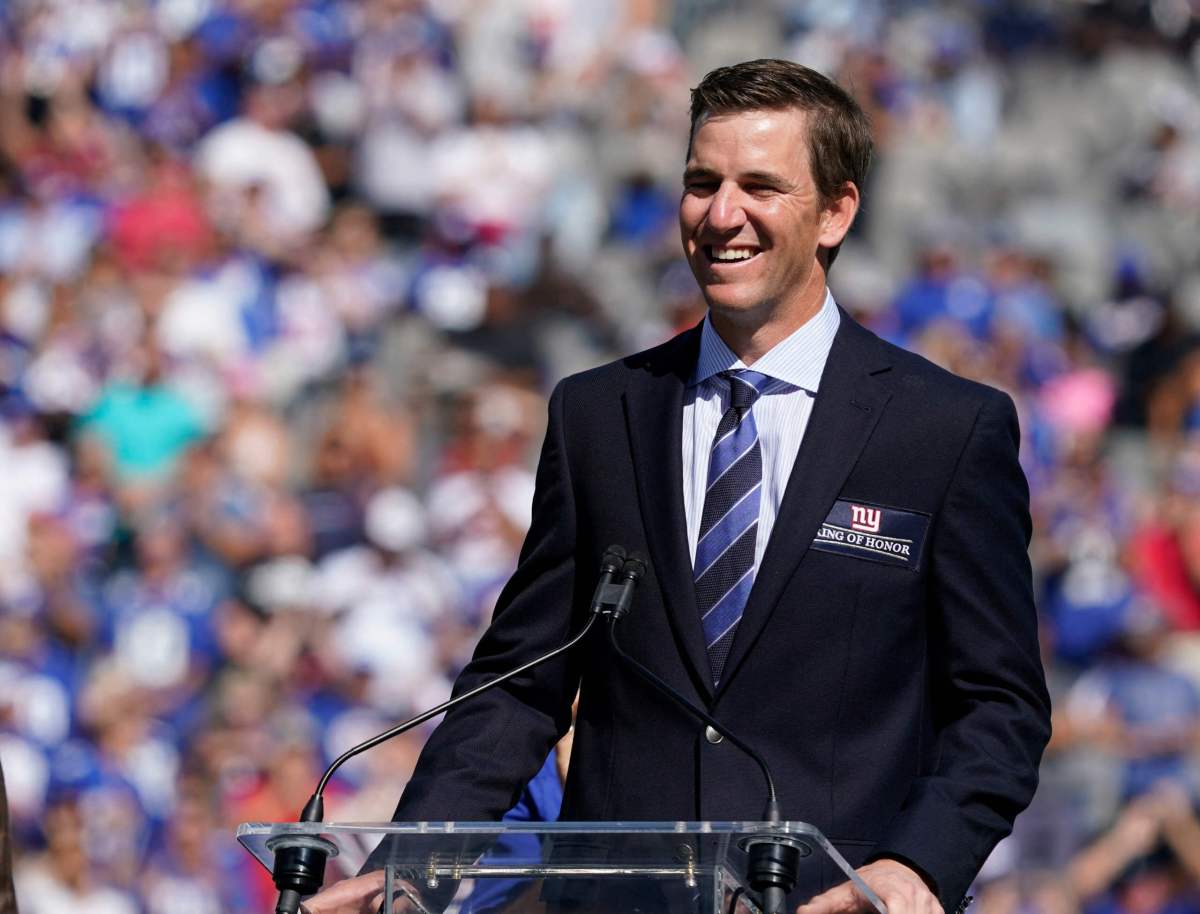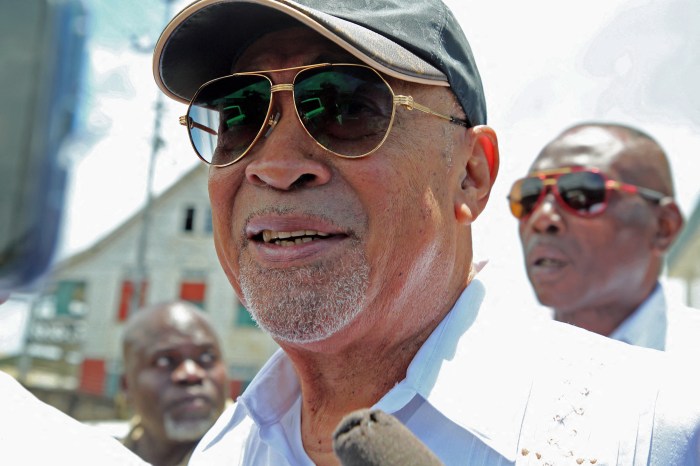BEIJING (Reuters) – China barred Britain’s BBC World News from its television networks on Friday and Hong Kong’s public broadcaster said it would stop relaying BBC World Service radio, a week after Britain revoked Chinese state television’s broadcast licence.
China’s National Radio and Television Administration said BBC World News’ reports on China had “seriously violated” a requirement to be “truthful and fair”, harmed China’s interests and undermined national unity.
Radio Television Hong Kong (RTHK), the publicly funded broadcaster in the former British territory, said it was suspending the relay of BBC radio news programming.
The Foreign Correspondents’ Club of China (FCCC) said it appeared that China was trying to force foreign media to follow the Chinese government line, while China’s embassy in London accused the BBC of “relentless fabrication”.
RTHK’s Radio 4 (R4) station had carried BBC World Service radio for eight hours each night and the R1 station had carried a one-hour BBC programme once a week.
The private Hong Kong platforms Cable TV and Now TV were still carrying BBC World News as of Friday.
Before the ban, BBC World News had not been included in most TV packages in mainland China, but had been available in some hotels and homes.
Two Reuters journalists in Beijing found that the channel had disappeared.
The BBC, which is a public corporation, said it was “the world’s most trusted international news broadcaster and reports on stories from around the world fairly, impartially and without fear or favour”.
British foreign minister Dominic Raab called the ban “an unacceptable curtailing of media freedom”, adding:
“China has some of the most severe restrictions on media and internet freedoms across the globe, and this latest step will only damage China’s reputation in the eyes of the world.”
China’s embassy in London responded with a stinging statement, attributed to an unnamed spokesperson:
“BBC’s relentless fabrication of ‘lies of the century’ in reporting China runs counter to the professional ethics of journalism, and reeks of double standards and ideological bias,” it said.
“The so-called ‘media freedom’ is nothing but a pretext and disguise to churn out disinformation and slanders against other countries.”
TIGHTENING GRIP
RTHK’s decision underlines how Beijing’s tightening grip on Hong Kong extends to media.
Last year, when Beijing expelled about a dozen journalists working for U.S. news outlets, it also barred them from relocating to Hong Kong.
RTHK, founded in 1928 and sometimes compared with the BBC, is the only independent, publicly funded media outlet on Chinese soil and has a charter guaranteeing editorial independence.
It had angered both the Hong Kong government and Beijing with its coverage of anti-government protests that shook the city in 2019.
U.S. State Department spokesman Ned Price told a regular briefing on Thursday that it was “troubling that as (China) restricts outlets and platforms from operating freely in China, Beijing’s leaders use free and open media environments overseas to promote misinformation”.
This month, the State Department said it was “deeply disturbed” by a BBC report of systematic rape and sexual abuse against women in internment camps for ethnic Uighurs and other Muslims in China’s Xinjiang region.
China denies accusations of abuses in Xinjiang and said the report was “wholly without factual basis”.
The FCCC noted the explanations for the ban, in particular the accusations of harming Chinese national interests and undermining national unity.
“The FCCC is concerned that such language is intended to send a warning to foreign media operating in China that they may face sanctions if their reporting does not follow the Chinese party line about Xinjiang and other ethnic minority regions,” it said in a statement.
On Feb. 4, the British media regulator Ofcom revoked China Global Television Network’s (CGTN) licence after an investigation found the licence was wrongfully held by Star China Media Ltd.
China said the ruling was political, and reserved the right to make a “necessary response”.
(Reporting by Bhargav Acharya in Bengaluru and Tom Daly; additional reporting by Guy Faulconbridge and William James in London, Tony Munroe in Beijing, David Brunnstrom in Washington, and Scott Murdoch in Hong Kong; Editing by Catherine Evans, Toby Chopra and Lincoln Feast.)

